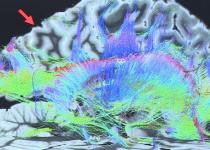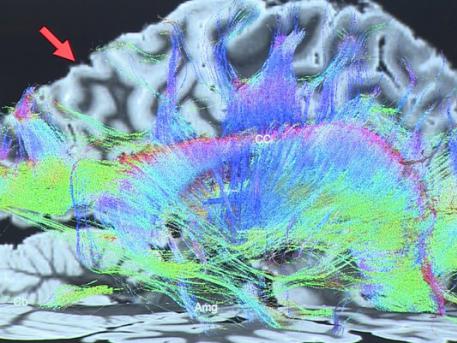News in Research
Donated Brains a ‘Tremendous Gift’ to Science, UW Medicine Says
May 18, 2017 in Research
KING5 has published an article on brain donations and the benefits they provide to medical institutions. Dr. Keene was interviewed on the importance of brain donations in general and their potential to improve treatment and prevention of traumatic brain injuries.
More can be found on KING5's website, "Donated Brains a 'Tremendous Gift' to Science, UW Medicine Says".
Genital Herpes-Suppressing Immune Cells Identified
May 09, 2013 in Research
Discovery by Dr. Larry Corey, Dr. Jia Zhu and colleagues has implications for development of vaccine to prevent and treat HSV-2, similar infections.

